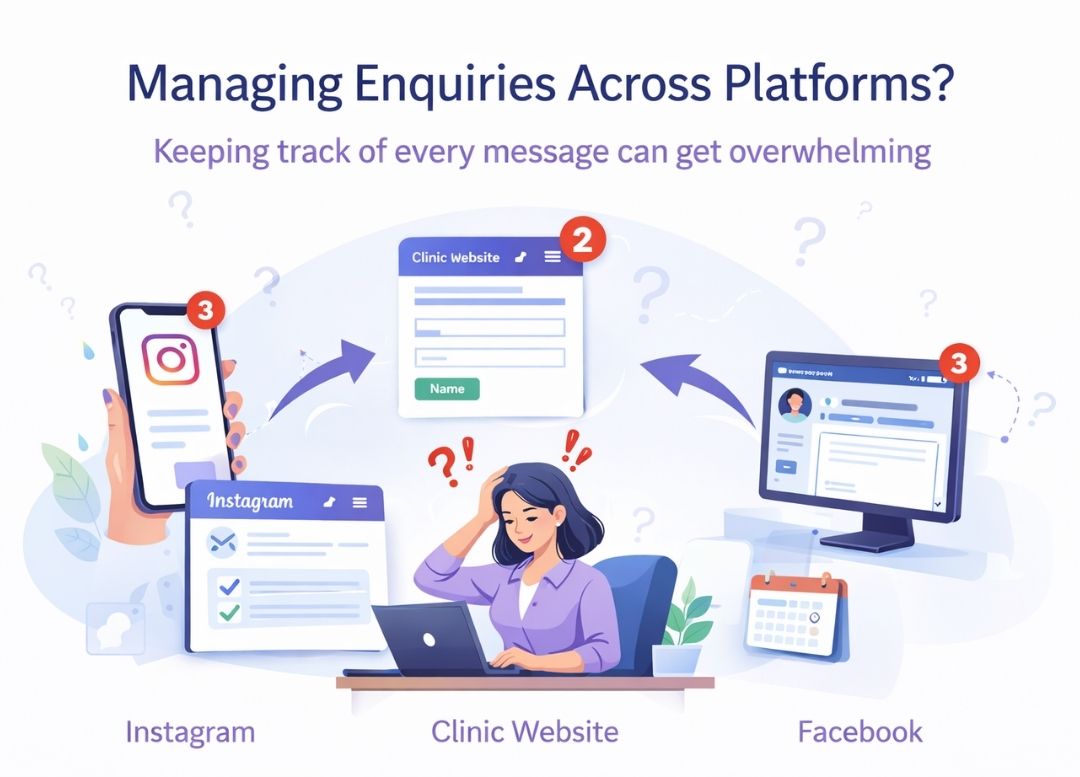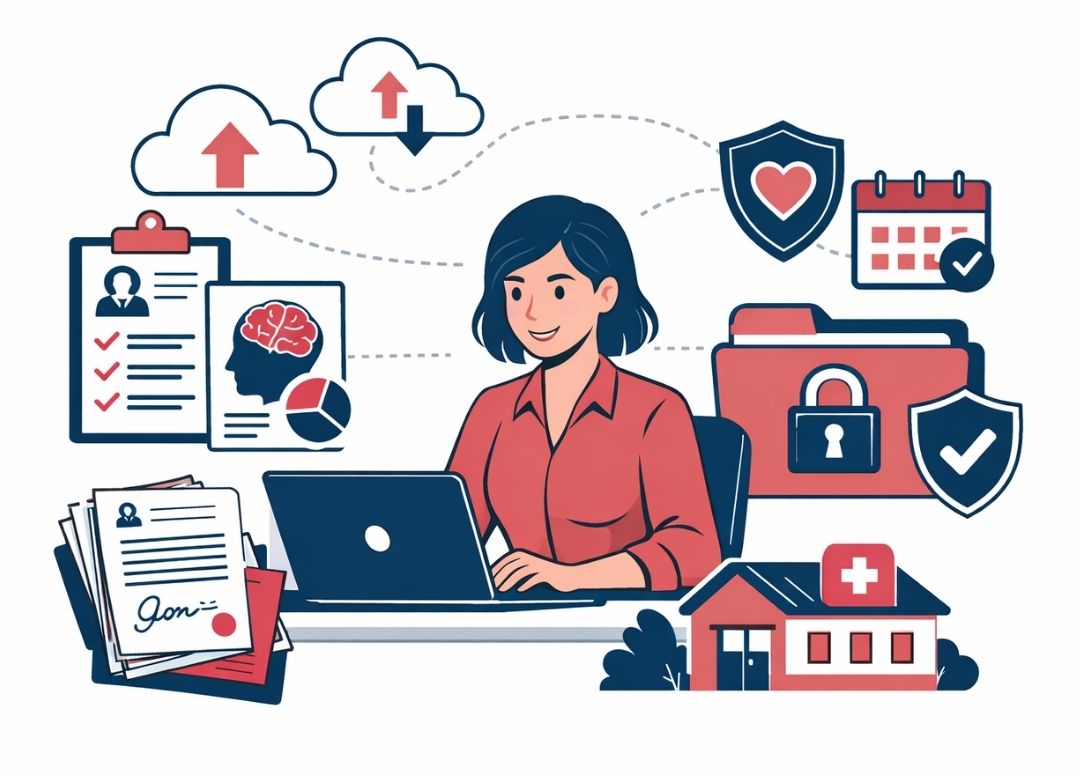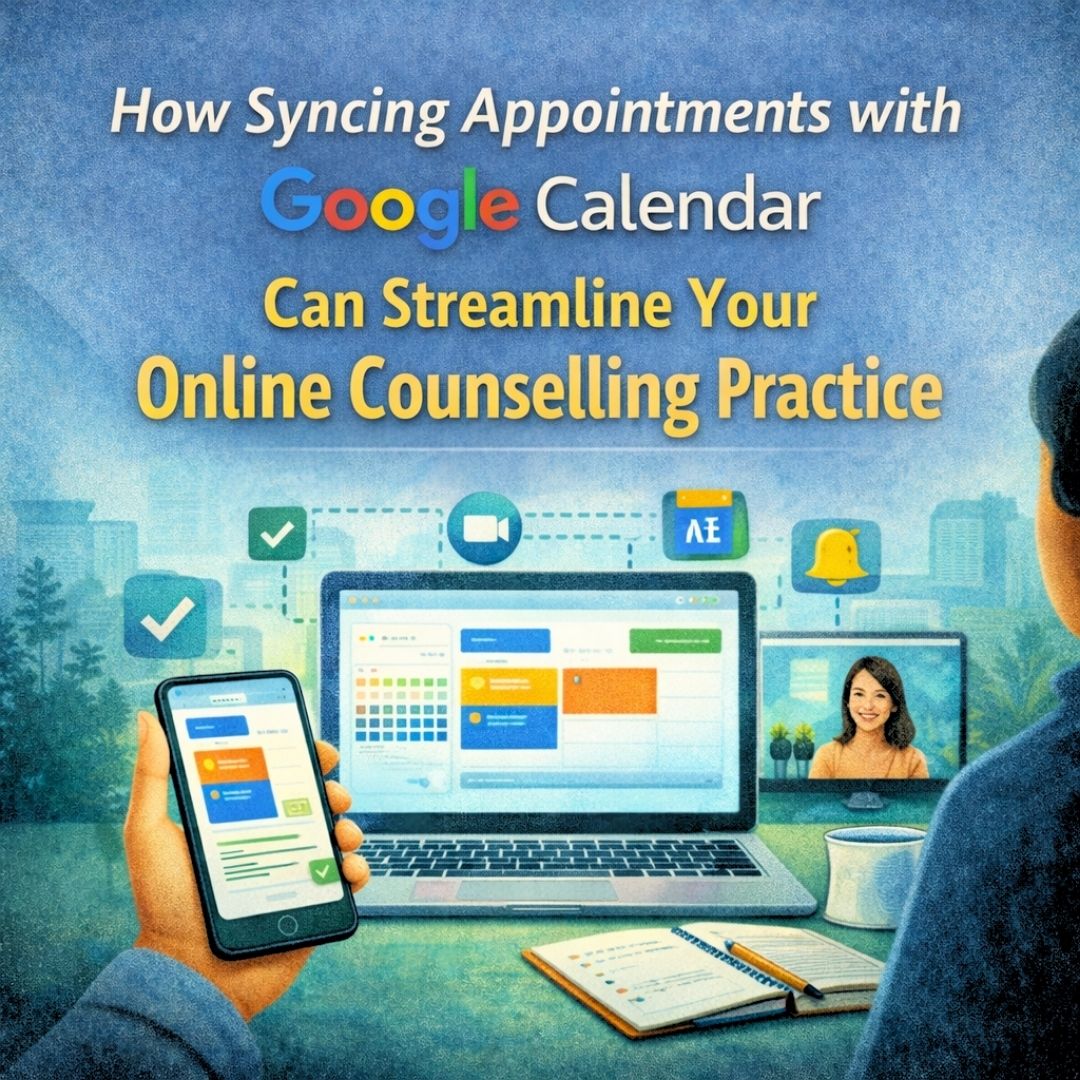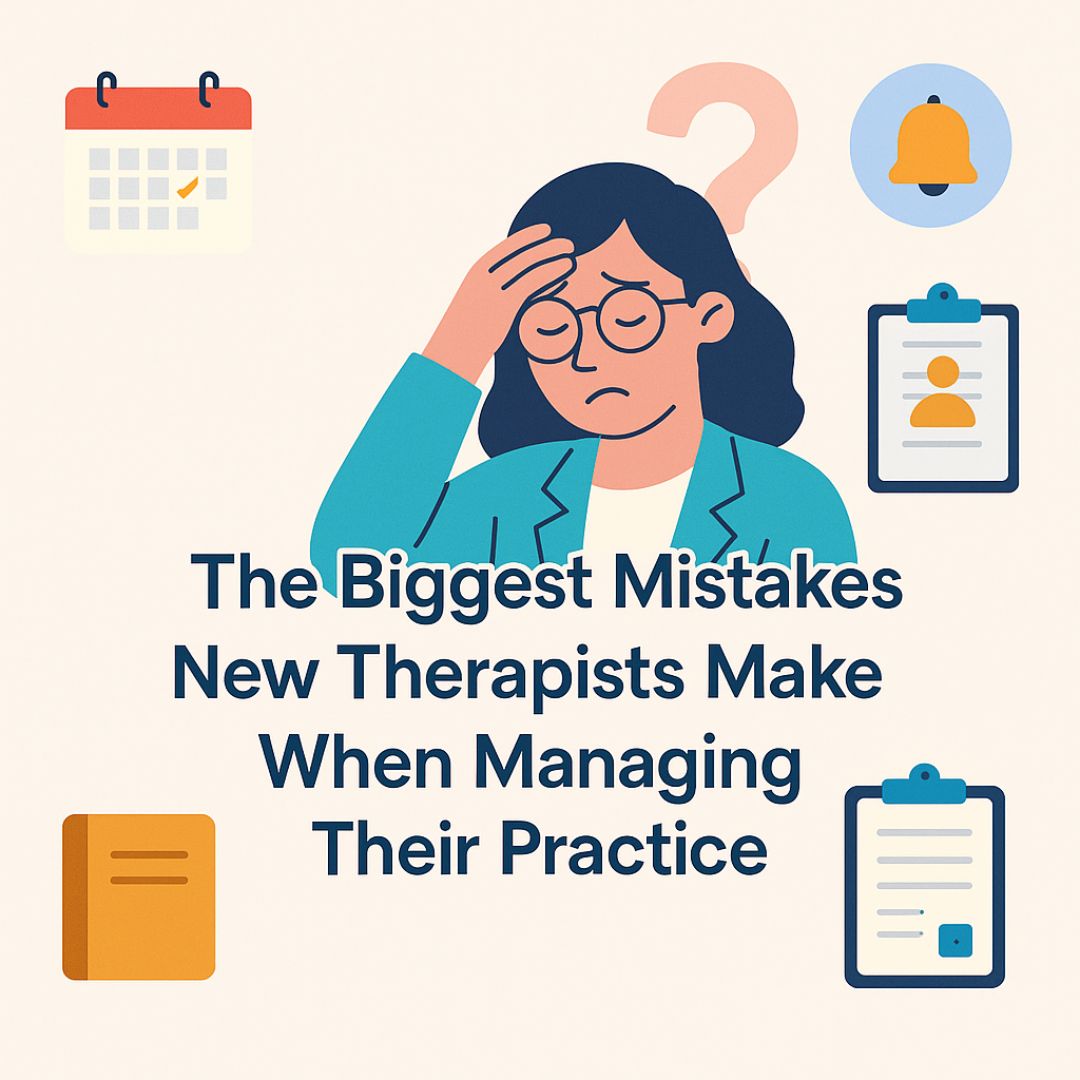The Importance of Self-Care for Mental Health Professionals
For mental health professionals to preserve their general well-being and effectiveness as carers, self-care must be prioritised. The importance of self-care for therapists and other mental health workers is examined in this article, which also emphasises how it helps to prevent burnout and enhances wellbeing.
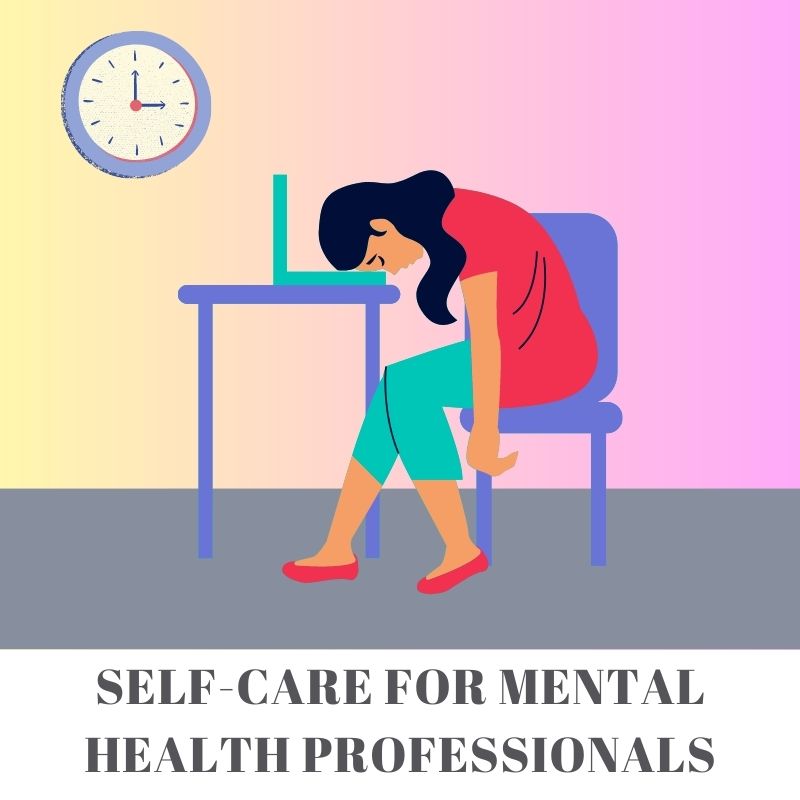
On this page
Jump to sections
The support and empowerment of people facing different mental health issues is greatly aided by mental health experts. Their difficult and emotionally stressful profession can, however, cause burnout and have a negative impact on their own mental health. For mental health professionals to preserve their general well-being and effectiveness as carers, self-care must be prioritised. The importance of self-care for therapists and other mental health workers is examined in this article, which also emphasises how it helps to prevent burnout and enhances wellbeing. We'll also talk about how having a website makes it easier for mental health workers to connect with resources, exchange narratives, and interact with a community that supports them.
Understanding Self-Care for Mental Health Professionals
Definition of Self-Care: Self-care is defined as deliberate and intentional efforts that people take to improve their physical, emotional, and psychological well-being. Self-care for mental health professionals is identifying and addressing how their profession affects their mental health, personal relationships, and overall quality of life.
The Unique Challenges of Working in Mental Health: Mental health professionals endure specific challenges in their line of work, including exposure to terrifying stories, emotional exhaustion, and the responsibility of bearing clients' distress. Since their line of work necessitates constant empathy, compassion, and attentive listening, it can be emotionally taxing if self-care routines aren't balanced out.
The Importance of Self-Care for Mental Health Professionals
Burnout Prevention: Burnout, which is characterised by emotional weariness, depersonalization, and decreased personal accomplishment, is a serious problem for mental health workers. Self-care practices can help professionals refill their emotional reserves and sustain resilience in the face of adversities, acting as a protective factor against burnout.
Improving Emotional Well-Being: Self-care practises improve emotional well-being by enabling mental health professionals to manage stress, regulate emotions, and avoid emotional tiredness. Self-care prioritised allows therapists to deliver more empathetic and effective treatment to their clients.
Improving Overall Health: Physical self-care, such as exercise, appropriate sleep, and a well-balanced diet, improves overall health and energy levels. When mental health professionals are physically well, they are better able to deal with the rigours of their job.
Maintaining a Healthy Balance Between Personal and Professional Life: Self-care that works for mental health professionals can help them maintain a positive balance between their personal and professional life by preventing stress from their profession from negatively impacting their relationships with others and vice versa.
Strategies for Self-Care for Mental Health Professionals
Setting Boundaries: It's crucial for mental health professionals to establish boundaries between their professional and personal lives. This may entail establishing strict working hours, limiting interactions with clients after hours, and taking frequent breaks to refuel.
Seeking Supervision and Peer Support: Attending routine supervision sessions with knowledgeable professionals offers a secure setting for processing difficult cases and seeking advice. Peer support groups can also provide a safe space to discuss challenges and coping mechanisms.
Mindfulness and Meditation: Using mindfulness and meditation techniques can assist mental health professionals stay centred and in the moment, which will help them feel less stressed and be more aware of themselves.
Regular Exercise: Physical activity generates endorphins that improve mood and lower stress in addition to improving physical health.
Pursuing Hobbies and Interests: Taking the time to pursue interests and hobbies outside of work promotes a sense of fulfilment and aids mental health professionals in decompressing from their professional responsibilities.
Taking Regular Breaks and Vacations: Regular breaks and getaways are essential for mental health professionals to rejuvenate and avoid burnout.
Therapy for Therapists: Mental health professionals may find it helpful to process their feelings and experiences by seeking therapy for personal development and self-reflection.
The Role of a Website for Psychologists in Facilitating Self-Care
Sharing Resources and Information: Resources and information can be shared with clients and peers via a website, according to a statement from a professional in the field of mental health. As a result, people are more motivated to incorporate self-care practices into their life and help to spread knowledge of how important it is.
Engaging with a Supportive Community: A website can offer a platform for mental health professionals to interact with a supportive community, promoting conversations, exchanging experiences, and getting suggestions on self-care techniques.
Reflecting on Personal Growth: By keeping a blog on their website, mental health professionals can share their experiences with self-care, including their successes and setbacks. This encourages others to give self-care more importance.
Website Design for Mental Health Professionals: A User-Friendly Interface for Self-Care
Simple Navigation: A user-friendly website design makes sure that visitors can locate self-care resources and information by navigating the site with ease.
Secure and Confidential: For mental health professionals, privacy and security are crucial factors. Users are reassured that their personal information is secure by the implementation of advanced security measures.
Interactive Features: Elements that stimulate interaction with the content and participation in self-care discussions include comment sections and online forums.
Accessible Contact Information: By providing visitors with accessible contact information, professionals in the field of mental health can be contacted with concerns or questions about self-care.
Conclusion
The ability of mental health professionals to care for themselves effectively and compassionately is a crucial component of preserving their wellbeing. For professionals to maintain their affection for and commitment to their work, preventing burnout and improving emotional resilience are crucial. Mental health professionals can establish a balance between their personal and professional lives, enhancing overall wellbeing, by implementing a variety of self-care techniques. A website made specifically for mental health professionals can also be very helpful in promoting self-care. Mental health professionals can make use of their websites to promote self-care and encourage others to do the same by sharing resources, connecting with supportive groups, and reflecting on personal improvement. Mental health professionals can preserve their efficacy, compassion, and dedication to the people they serve by accepting self-care as a basic element of their profession.
FAQs
What does self-care mean for mental health professionals?
It involves intentional actions to improve physical, emotional, and psychological well-being amid work-related challenges.Why is self-care important to prevent burnout in mental health professionals?
It replenishes emotional reserves, builds resilience, and reduces emotional exhaustion and depersonalization.What are effective self-care strategies for mental health workers?
Set boundaries, seek supervision, practice mindfulness, exercise, pursue hobbies, and take breaks or vacations.How does therapy benefit mental health professionals’ self-care?
It provides a space for personal growth and processing emotions from challenging cases.How can a website support self-care for mental health professionals?
It enables sharing resources, connecting with a supportive community, and reflecting on personal growth.What features make a website user-friendly for self-care?
Simple navigation, secure data handling, interactive forums, and accessible contact information enhance usability.Where can mental health professionals find support resources?
Explore solutions at LifeHetu.
On this page
Jump to sections
Related Reads. Similar Blogs to Check Out.
